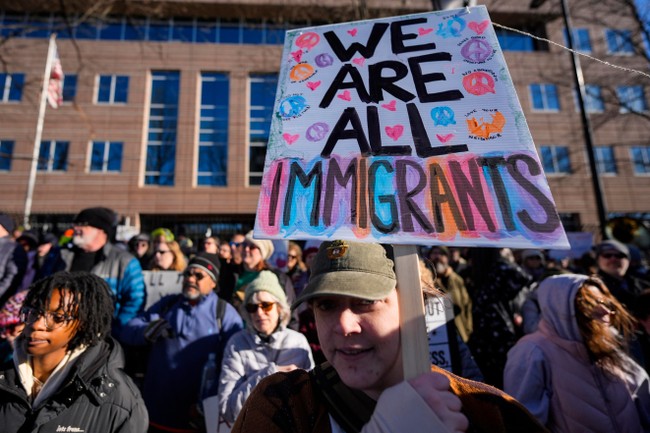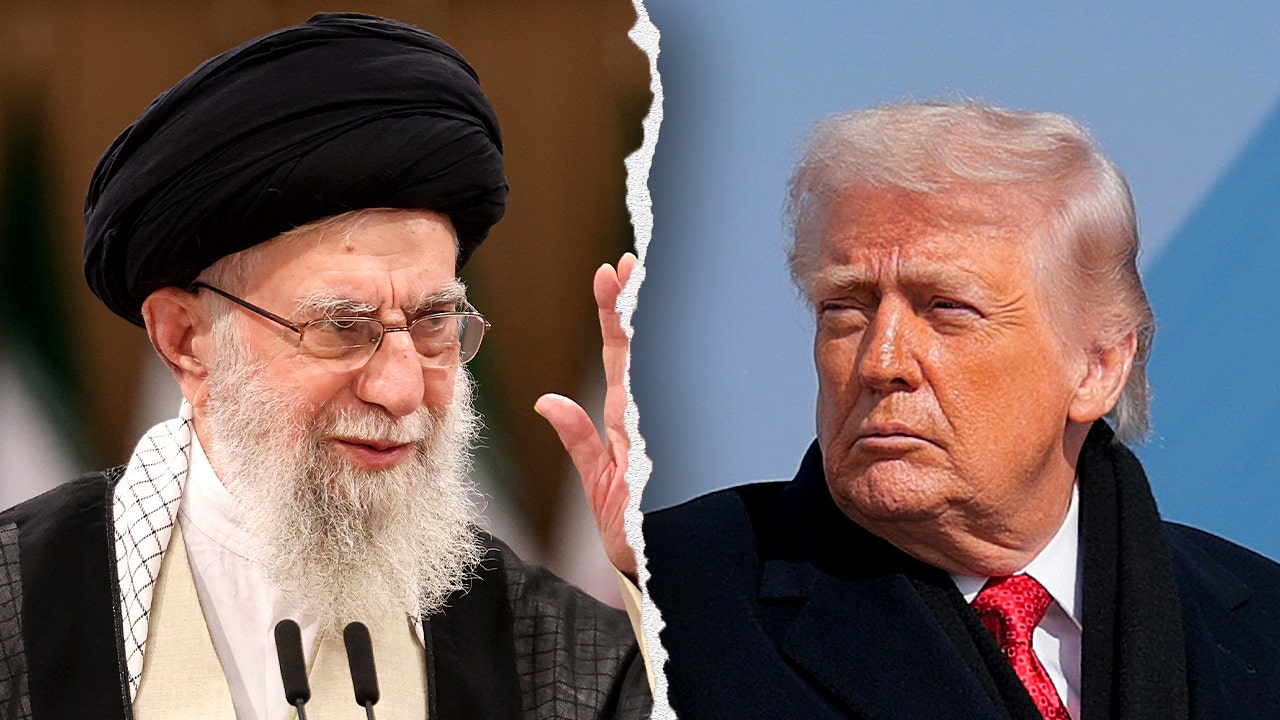Now is a good time for religion in America.
President Trump has established the White House Religious Liberty Commission, led by a diverse group of religious leaders and scholars, including Mary Margaret Bush, Napa Legal’s own former executive director. The commission is identifying some of the nation’s most pressing religious liberty issues and developing plans for action.
Lawmakers should take advantage of the moment to enact durable protections that will outlast any administration.
The U.S. Supreme Court, too, has protected religious liberty in several crucial cases. In Carson v. Makin (2022), the court held that it is unconstitutional to exclude religious schools from generally available government funding programs. In Kennedy v. Bremerton, it found that coach Joseph Kennedy’s postgame prayers did not violate the First Amendment. This year brought additional victories in Mahmoud v. Taylor, where the court upheld parents’ rights to opt their children out of LGBT content in elementary school classes, and Catholic Charities v. Wisconsin, where a unanimous court prevented state officials from favoring some religions over others.
These encouraging developments might tempt Americans to believe that the battle for nationwide religious freedom has already been won.
Yet even with such powerful forces defending religious liberty at the federal level, state laws affecting religious organizations remain critical for ensuring that everyday Americans do not suffer persecution for their firmly held religious beliefs.
Consider what just happened in Washington state.
In 2025, Catholic priests there faced an impossible choice between obeying their faith and complying with state law. A new Washington state statute required clergy to report instances of abuse or neglect they heard during confession, despite the Church’s centuries-old sacramental seal. The law singled out priests while giving others, like lawyers, a pass, and it carried the threat of jail time and fines.
Thankfully, a federal court blocked the law before it could take effect, ruling in Etienne v. Ferguson that the state could not force clergy to violate the sacred seal of confession.
But that case never should have been necessary. Washington’s law reflected the same pattern Napa Legal’s research has uncovered repeatedly: When state laws are weak or hostile to faith-based organizations, those organizations are left vulnerable even when the federal government and Supreme Court appear friendly to religion.
This month, the Napa Legal Institute released the third edition of the Faith and Freedom Index, an analysis of state laws across the country that either help or hinder religious organizations. Whether national politics seem to favor or oppose religious liberty, state laws remain central to its long-term health.
The states with the top overall scores were:
- Alabama
- Kansas
- Indiana
- Texas
- Mississippi
The five lowest scores went to:
- Michigan
- Washington
- Massachusetts
- West Virginia
- Maryland
What distinguishes the states at the top of the list from those at the bottom? Several types of laws come into play. For example, the index’s highest performing states have built frameworks that proactively safeguard religious organizations. Their laws provide broad protections for religious exercise and create environments where ministries can thrive.
By contrast, it’s no coincidence that Washington state ranks near the bottom. The same state that passed one of the most intrusive laws in recent memory also reflects on the Index a legal system that makes it far too easy for governments to intrude on matters of faith.
That is why it is important to strike while the iron is hot. When the federal government is friendly to religious liberty, that is precisely the time to act. Political conditions can change quickly, but good laws endure. Lawmakers should take advantage of the moment to enact durable protections that will outlast any administration.
RELATED: Why Trump’s religious liberty agenda terrifies the left
SAUL LOEB/AFP via Getty Images
There are many reasons why state laws remain decisive. First, state statutes can still contradict clear federal precedent. After the Supreme Court struck down Wisconsin’s discriminatory law in Catholic Charities v. Wisconsin, a similar law remained in effect in New York. Religious organizations there had to continue the litigation even after the Supreme Court had essentially decided the issue.
It is also not enough for states to rely solely on constitutional protections or a Religious Freedom Restoration Act.
These safeguards are vital but not sufficient. When a religious organization’s hiring or service conflicts with state “nondiscrimination” laws, it should not have to spend years in court to prove its right to operate according to its beliefs. States can and should pass clear exemptions that prevent such conflicts from ever arising.
Finally, state tax and regulatory codes can have a major impact on whether faith-based organizations thrive. Many religious nonprofits are treated like for-profit corporations, subject to tax regimes and administrative filings, fees, and audits that make it hard for them to operate. States should look closely at such laws and remove unnecessary burdens that divert precious time and resources away from ministry and service.
No matter who sits in the White House or on the Supreme Court, state laws remain a foundation of religious liberty. The Faith and Freedom Index remains an important tool to protect and foster the work of religious organizations and religious liberty in general.
Voters should consider how laws in their states burden religion when they cast their votes. Policymakers should pay close attention to laws that may seem tedious but can make or break the needed work of religious organizations. And our government leaders should work to enact laws that foster religious liberty, so that religion can serve its proper role in contributing to the common good.
Read the full article here







![Trump Blasts Walz, Omar for Using ICE Chaos to Hide Minnesota Fraud [WATCH] Trump Blasts Walz, Omar for Using ICE Chaos to Hide Minnesota Fraud [WATCH]](https://www.rvmnews.com/wp-content/uploads/2025/07/2025.07.30-09.49-rvmnews-688a934e513ea.jpg)




